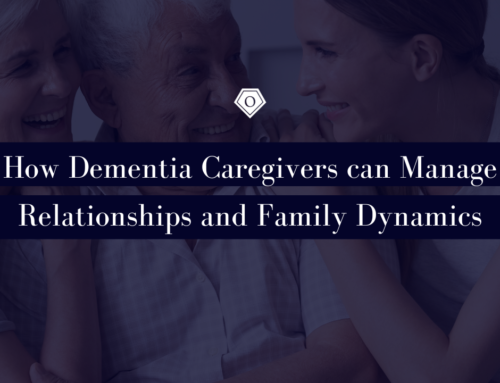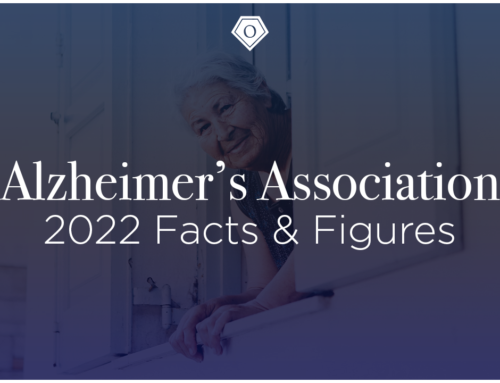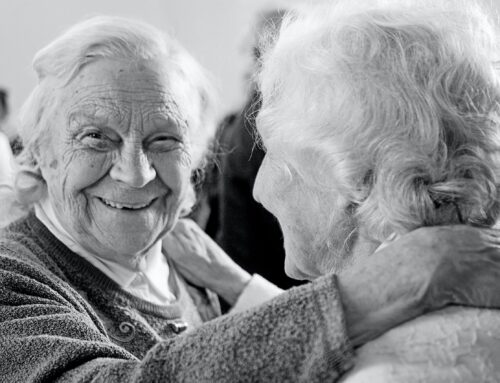What is pneumonia?
The Mayo Clinic defines pneumonia as, “an infection that inflames the air sacs in one or both lungs. The air sacs may fill with fluid or pus (purulent material), causing cough with phlegm or pus, fever, chills, and difficulty breathing. A variety of organisms, including bacteria, viruses and fungi, can cause pneumonia”.
Are older adults more susceptible to pneumonia?
Many seniors have multiple ailments such as: diabetes, Alzheimer’s or heart disease. These other conditions can increase a senior’s risk for contracting pneumonia. Lung conditions such as asthma, cystic fibrosis or COPD can also make seniors more susceptible.
Why is it pneumonia serious for seniors?
Pneumonia can be dangerous for older adults, infants, people with other diseases, and those with impaired immune systems. The frailty of older adults can make it more difficult for them to fight off pneumonia which attacks multiple physiological systems.
Older adults with conditions such as dementia or Alzheimer’s may not be able to communicate that they are feeling ill. This puts them at risk for the infection worsening as it goes unnoticed.
What are the signs of pneumonia in the elderly?
According to the Mayo Clinic, signs of pneumonia include:
- Chest pain when you breathe or cough
- Confusion or changes in mental awareness (in adults age 65 and older)
- Cough, which may produce phlegm
- Fatigue
- Fever, sweating and shaking chills
- Lower than normal body temperature (in adults older than age 65 and people with weak immune systems)
- Nausea, vomiting or diarrhea
- Shortness of breath
See a doctor immediately if an elderly loved one is having difficulty breathing, chest pain, persistent fever of 102 F (39 C) or higher, or persistent cough or coughing up pus.
How can you prevent pneumonia in seniors?
The Mayo Clinic recommends being vaccinated. There are vaccines available for some types of pneumonia and flu. It is important to review vaccinations with your doctor before getting vaccinated as guidelines change.
Good hygiene goes a long way in preventing illness. Washing hands regularly or using alcohol based hand sanitizer can help prevent contagious illnesses. Basic health such as adequate sleep, regular exercise, diet and not smoking all play an important role in prevention.
How does Onyx Home Care help?
Onyx Home Care is nurse directed home care. Our skilled professionals have the skill set to recognize changes in health that might go unnoticed by family caregivers. We are a skilled set of eyes and ears that give families peace of mind.






